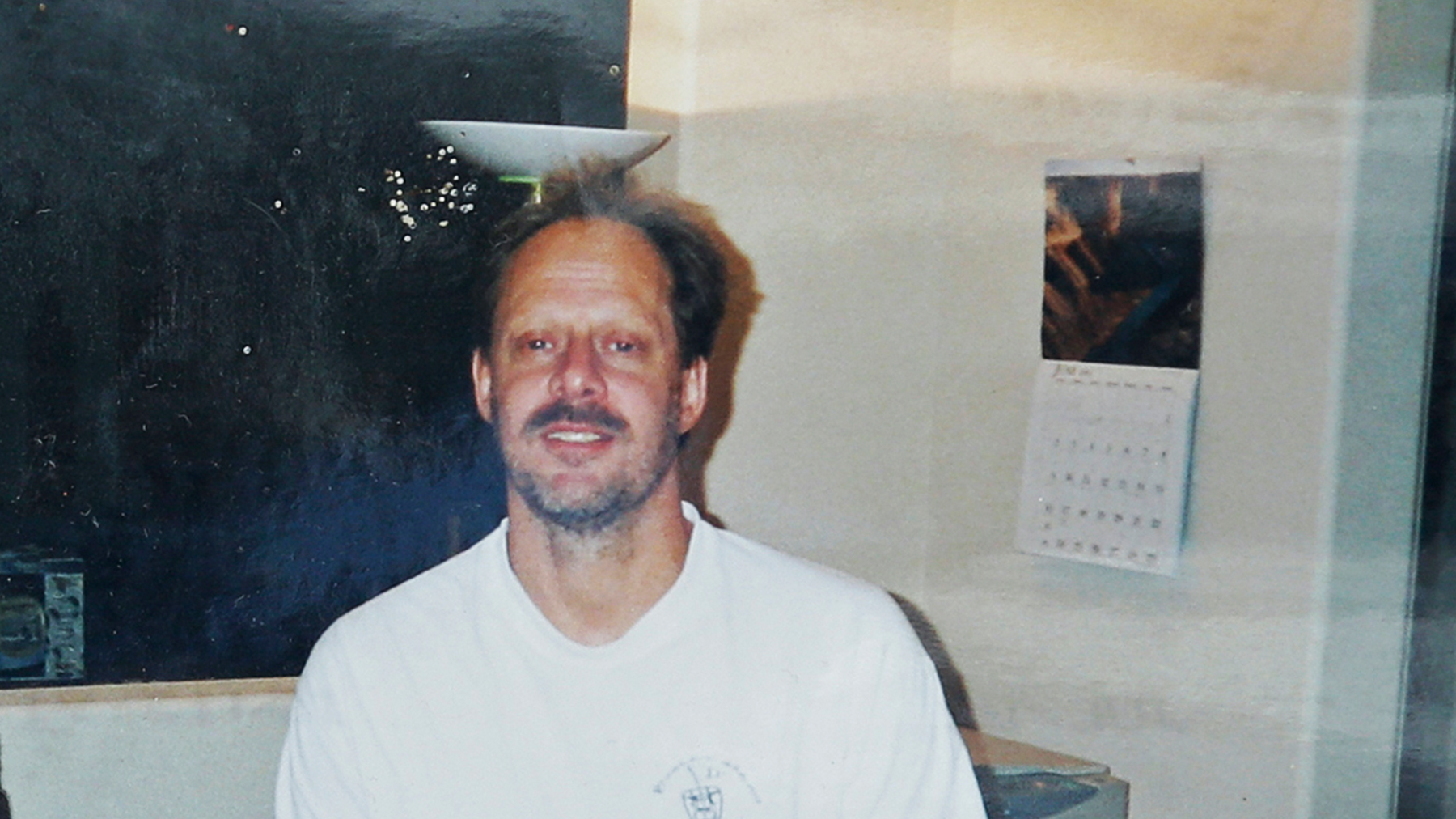In the weeks leading up to a mass shooting at a music festival in Las Vegas in October, Stephen Craig Paddock was becoming angry.
A man who met Paddock a few weeks earlier said the 64-year-old retired IRS worker from Mequite, Nevada, went on an anti-government rant, including talk of “FEMA camps” while trying to make a deal for an auto sear — a $50 piece of metal that allows semi-automatic weapons to fire like an automatic. A second witness told police that Paddock had also been angry about the standoffs and deaths at Ruby Ridge in Idaho and the Branch Davidian compound in Waco, Texas.
The man, whose name was not released by Las Vegas Police, quoted Paddock as saying:”somebody has to wake up the American public and get them to arm themselves.”
“Sometimes,” Paddock added, “sacrifices have to be made.”
The witness account is part of a plethora of statements released by the Las Vegas Police Department Wednesday. The statements, reported by BuzzFeed and others, include hundreds of witness accounts of the Oct. 1 shooting at the outdoor concert.
Paddock fired down from a 32ndfloor room at the Mandalay Bay Resort and Casino as country singer Jason Aldean took the stage at a festival. Hundreds of people were injured and 58 killed in the barrage of bullets. Paddock killed himself before police could reach him.
Investigators haven’t assigned a motive to the shooting, although the FBI did probe Paddock’s actions as a domestic terror incident.
But, the newly released witness statements portray Paddock as an “odd” man who was interested in guns and angry at the government.
The witness who recounted the “sacrifices” comment said it came in the weeks before the shooting, when the two met in the parking lot of a Las Vegas Bass Pro Shop after Paddock answered the man’s backpage.com ad for the schematics of an auto sear, a device that allows a semiautomatic assault rifle to fire like a fully automatic gun.
During their interaction, the witness told police in October, Paddock offered to pay $500 apiece for multiple auto sears while repeatedly criticized the government — in addition to mentioning the need for a sacrifice. The witness said Paddock “kept carrying on about, um, just, uh, anti-government stuff, uh, FEMA camps.”
“He said, ‘That was just a dry run for law enforcement and military to start kickin’ down doors and, um uh, confiscating guns,’” the man told detectives, adding later that Paddock “was kind of fanatical about this stuff and I just figured he’s another internet nut.”
The second witness, a woman who was not identified, told police she overheard Paddock talking to another man about being “angry” over the Ruby Ridge and Waco standoffs and having issues with the Bureau of Alcohol, Tobacco and Firearms and the federal government generally.
“They kept mentioning the 25th anniversary of ‘Ruby Ridge,’” the woman said of the September 28, 2017 conversation. “I didn’t hear them planning anything but they were speaking of things that struck me [as] odd.”
The woman who overheard the conversation about the standoffs before the Las Vegas shooting said that Paddock and the other man seemed like “strange guys and I wanted to leave.”
The 1992 standoff at Ruby Ridge in northern Idaho began when Randy Weaver, who had associated with Aryan Nations and other white nationalists, refused to report for a court date on weapons charges and resisted arrest.
A U.S. Marshal, William Degan, and two members of Weaver’s family — his wife Vicki and 14-year-old son Sammy — died in the ensuing violence. The standoff in Waco took place in 1993 when federal agents raided the ranch of a religious group known as the Branch Davidians. The confrontation lasted for 51 days and left a total of 80 people dead when the group’s compound caught on fire.
Both standoffs, especially Ruby Ridge, have become prominent rallying cries among the far right and anti-government set. Oklahoma City bomber Timothy McVeighcited both incidents as motivation for his setting off a truck bomb outside the Alfred Murrah federal building in April 1995 that killed 168 people.
Investigators have not drawn a straight line from the anti-government feelings expressed by Paddock to the shootings. But the comments in the newly released documents are the first reported link between Paddock and the anti-government far right.
In the hours and days after the shooting, far right extremist took to the internet to cast the blame for the massacre on a host of usual boogeymen — antifa, crazed liberals, Democrats, and even the Islamic State.
Other witnesses interviewed by police described Paddock as “odd” and a loner, who frequented multiple casinos in the weeks leading up to the shooting.
An executive casino host for Caesar’s Palace, who said he tried to create relationships with casino regulars, said Paddock “wasn’t the most open guy that way.”
An employee at the Wynn Las Vegas who first met Paddock six years ago described Paddock a good gambler, but also “kind of an introvert.” Paddock eventually stayed at the hotel at least 100 times, the employee said.
“Just my first encounter with him I did notice that he wasn’t the most personable guy,” the Wynn employee added.
Photo credit: AP Images/John Raoux

